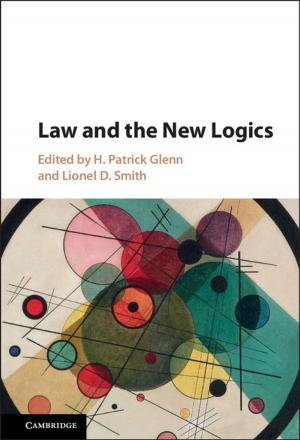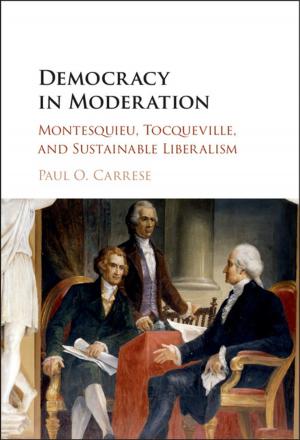The Comment Clause in English
Syntactic Origins and Pragmatic Development
Nonfiction, Reference & Language, Language Arts, Linguistics| Author: | Laurel J. Brinton | ISBN: | 9780511736803 |
| Publisher: | Cambridge University Press | Publication: | November 20, 2008 |
| Imprint: | Cambridge University Press | Language: | English |
| Author: | Laurel J. Brinton |
| ISBN: | 9780511736803 |
| Publisher: | Cambridge University Press |
| Publication: | November 20, 2008 |
| Imprint: | Cambridge University Press |
| Language: | English |
Although English comment clauses such as I think and you know have been widely studied, this book constitutes the first full-length diachronic treatment, focusing on comment clauses formed with common verbs of perception and cognition in a variety of syntactic forms. It understands comment clauses as causal pragmatic markers that undergo grammaticalisation, and acquire pragmatic and politeness functions and subjective and intersubjective meanings. To date, the prevailing view of their syntactic development, which is extrapolated from synchronic studies, is that they originate in matrix clauses which become syntactically indeterminate and are reanalysed as parenthetical. In this corpus-based study, Laurel J. Brinton shows that the historical data do not bear out this view, and proposes a more varied and complex conception of the development of comment clauses. Researchers and students of the English language and historical linguistics will certainly consider Brinton's findings to be of great interest.
Although English comment clauses such as I think and you know have been widely studied, this book constitutes the first full-length diachronic treatment, focusing on comment clauses formed with common verbs of perception and cognition in a variety of syntactic forms. It understands comment clauses as causal pragmatic markers that undergo grammaticalisation, and acquire pragmatic and politeness functions and subjective and intersubjective meanings. To date, the prevailing view of their syntactic development, which is extrapolated from synchronic studies, is that they originate in matrix clauses which become syntactically indeterminate and are reanalysed as parenthetical. In this corpus-based study, Laurel J. Brinton shows that the historical data do not bear out this view, and proposes a more varied and complex conception of the development of comment clauses. Researchers and students of the English language and historical linguistics will certainly consider Brinton's findings to be of great interest.















